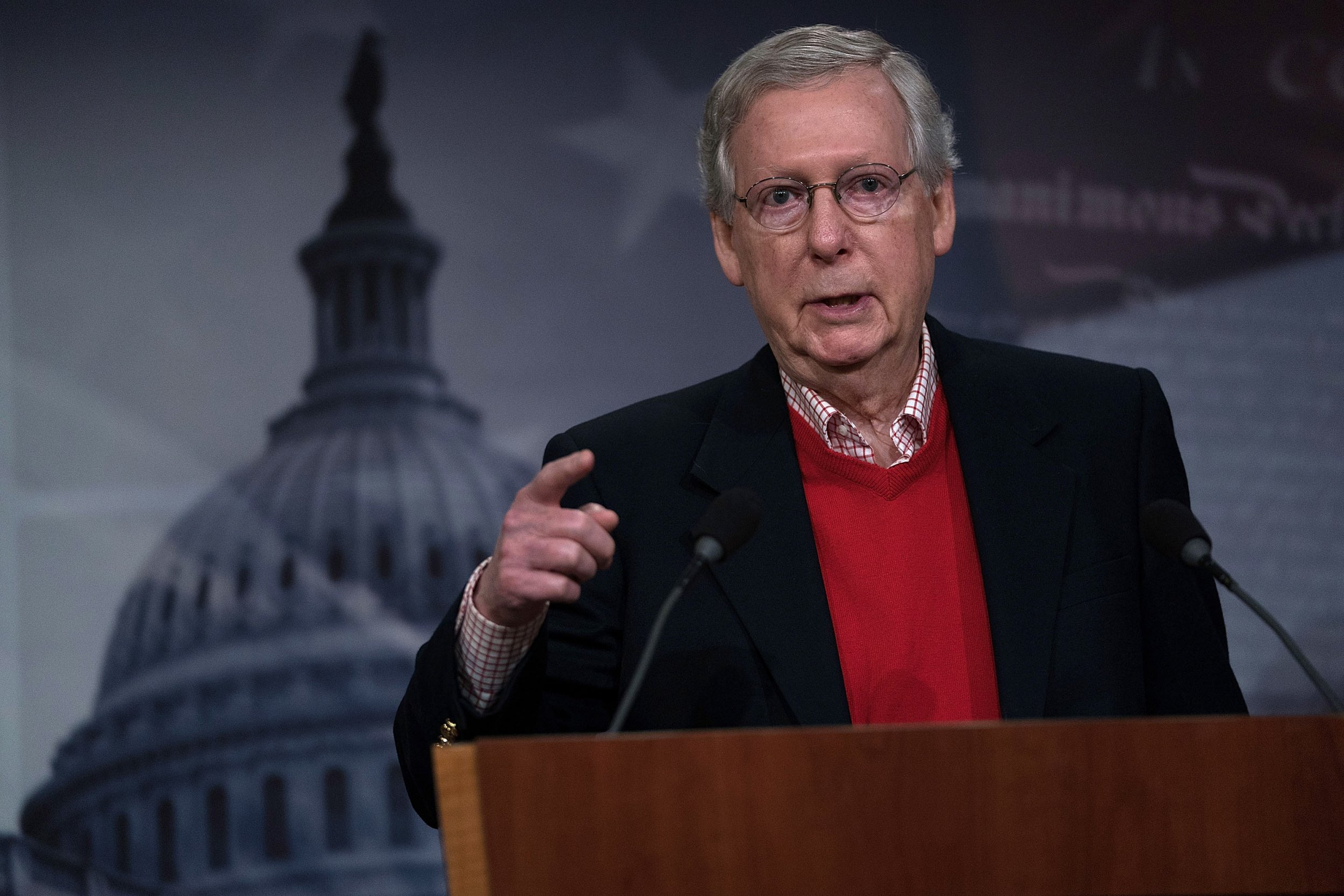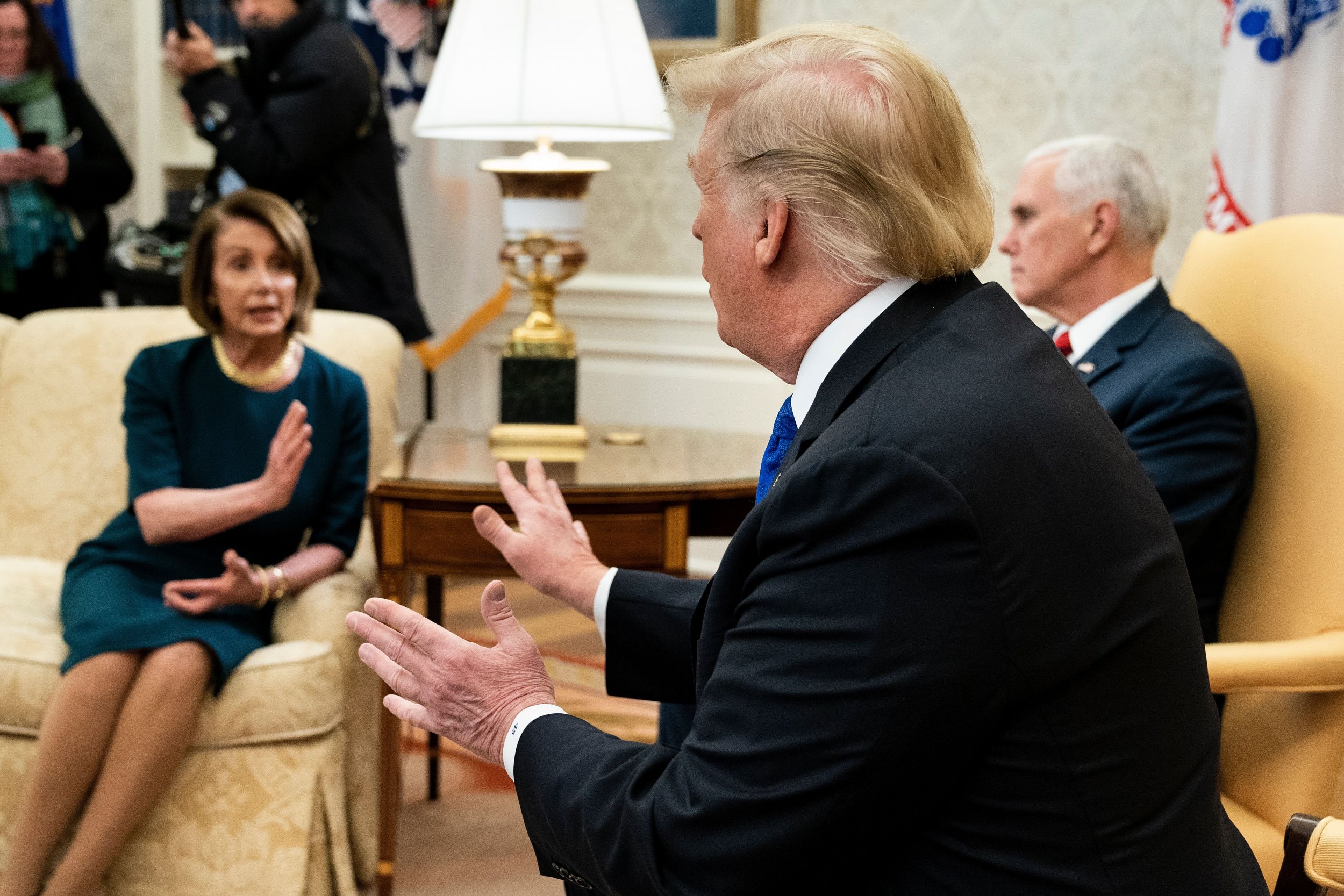Senate Democrats And Government Shutdown: A Comprehensive Analysis
The debate over government funding and the potential for a government shutdown has once again brought the Senate Democrats into the spotlight. As the nation grapples with budgetary challenges and political disagreements, understanding the role of Senate Democrats in this context becomes crucial. This article aims to provide an in-depth analysis of the situation and its implications for the U.S. government.
Government shutdowns have become a recurring issue in American politics, often arising from disputes over federal budget allocations. The Senate Democrats play a pivotal role in these negotiations, as they hold significant sway in determining the fate of government funding. Their decisions not only affect the functioning of federal agencies but also impact millions of Americans who rely on government services.
This article will explore the dynamics of Senate Democrats and government shutdowns, offering insights into the political landscape, historical context, and potential outcomes. By understanding the complexities involved, readers can gain a clearer perspective on the challenges faced by lawmakers and the importance of bipartisan cooperation in averting future shutdowns.
- 5 Movierulz Days Exploring The World Of Illegal Movie Downloads
- Free Download Ullu Web Series Your Ultimate Guide
Table of Contents
- Introduction
- Role of Senate Democrats
- History of Government Shutdowns
- Causes of Government Shutdowns
- Impact of Government Shutdowns
- Democrats' Strategy
- Republicans' Perspective
- Bipartisan Efforts
- Future Prospects
- Conclusion
Role of Senate Democrats in Government Shutdowns
The Senate Democrats serve as a critical component of the legislative process, particularly when it comes to budgetary decisions. Their ability to block or pass legislation often determines whether the government remains operational or faces a shutdown. In recent years, Senate Democrats have consistently emphasized the importance of addressing key issues such as healthcare, education, and climate change through federal funding.
Key Responsibilities of Senate Democrats
- Negotiating budget allocations with the Republican-controlled Senate.
- Advocating for policies that align with Democratic priorities.
- Ensuring transparency and accountability in government spending.
Senate Democrats often find themselves at odds with their Republican counterparts over spending priorities. This clash of ideologies frequently leads to stalemates, increasing the likelihood of a government shutdown. However, their commitment to representing the interests of their constituents remains unwavering.
History of Government Shutdowns
Government shutdowns are not a new phenomenon in the United States. The first recorded shutdown occurred in 1976 under President Gerald Ford. Since then, there have been numerous instances where the federal government ceased operations due to budgetary disagreements. Each shutdown has unique characteristics, but the underlying causes often revolve around political partisanship and competing policy agendas.
- Bollywood Hdhub4u Your Ultimate Guide To Exploring The World Of Indian Cinema
- Hd Hub 4 U Your Ultimate Destination For Highquality Entertainment
Notable Shutdowns in U.S. History
- 1995-1996: A 21-day shutdown under President Bill Clinton, driven by disagreements over Medicare, education, and environmental protection.
- 2013: A 16-day shutdown under President Barack Obama, primarily due to disputes over the Affordable Care Act.
- 2018-2019: The longest shutdown in U.S. history, lasting 35 days under President Donald Trump, centered on funding for a border wall.
These historical examples underscore the recurring nature of government shutdowns and the challenges faced by lawmakers in reaching consensus.
Causes of Government Shutdowns
Government shutdowns typically occur when Congress fails to pass appropriation bills by the fiscal year's end. This failure results in a lapse in funding for federal agencies and services. The causes of shutdowns can be attributed to several factors:
Primary Causes
- Partisan gridlock: Disagreements between Democrats and Republicans on key policy issues.
- Budgetary constraints: Conflicting priorities regarding federal spending and revenue generation.
- Policy riders: Attempts to attach controversial provisions to appropriation bills, complicating negotiations.
Understanding these causes is essential for identifying potential solutions and preventing future shutdowns.
Impact of Government Shutdowns
The effects of a government shutdown are far-reaching, impacting both the public and private sectors. Federal employees face furloughs or mandatory unpaid leave, while essential services continue to operate with limited capacity. The economic consequences can be significant, as demonstrated by previous shutdowns.
Economic and Social Impacts
- Loss of productivity: Federal agencies experience disruptions in operations, leading to decreased efficiency.
- Financial burden: Furloughed employees face financial strain, affecting consumer spending and economic growth.
- Public services: Critical programs such as healthcare, education, and emergency response may be compromised.
Addressing these impacts requires proactive measures from both political parties to ensure uninterrupted government functioning.
Democrats' Strategy in Averting Shutdowns
Senate Democrats have adopted a multifaceted approach to mitigate the risk of government shutdowns. Their strategy involves prioritizing bipartisan cooperation while maintaining core Democratic principles. By focusing on key issues such as healthcare, infrastructure, and social welfare, they aim to secure funding for essential programs.
Key Strategies Employed by Democrats
- Engaging in constructive dialogue with Republicans to identify common ground.
- Advocating for long-term budget solutions to reduce the frequency of shutdowns.
- Highlighting the negative consequences of shutdowns on vulnerable populations.
This strategic approach reflects the Democrats' commitment to responsible governance and fiscal stewardship.
Republicans' Perspective on Government Shutdowns
While Senate Democrats emphasize the importance of collaboration, Republicans often prioritize reducing federal spending and addressing fiscal deficits. Their perspective on government shutdowns is shaped by a desire to curb government overreach and promote economic stability. However, this stance sometimes leads to contentious negotiations with their Democratic counterparts.
Republican Priorities
- Trimming government expenditures to balance the federal budget.
- Opposing policies perceived as expanding the role of government in healthcare and social services.
- Seeking compromises that align with conservative values.
Reconciling these differing viewpoints is crucial for averting future shutdowns and fostering a stable legislative environment.
Bipartisan Efforts to Prevent Shutdowns
In recent years, efforts to bridge the partisan divide have gained momentum. Both Democrats and Republicans recognize the importance of maintaining government operations and avoiding the adverse effects of shutdowns. These efforts involve open communication, mutual respect, and a willingness to compromise on contentious issues.
Examples of Successful Bipartisan Initiatives
- The 2021 Infrastructure Investment and Jobs Act, which secured bipartisan support for critical infrastructure projects.
- Legislation addressing mental health and substance abuse, demonstrating cooperation on social issues.
- Agreements on disaster relief funding, highlighting shared priorities in crisis response.
Continuing these collaborative efforts can pave the way for more stable and predictable government funding.
Future Prospects for Senate Democrats and Government Shutdowns
Looking ahead, the role of Senate Democrats in preventing government shutdowns will remain crucial. As the political landscape evolves, so too must the strategies employed by lawmakers. Embracing innovation, technology, and data-driven decision-making can enhance the effectiveness of legislative processes.
Potential Solutions
- Implementing automatic continuing resolutions to ensure uninterrupted government funding.
- Encouraging transparency in budget negotiations to build public trust.
- Promoting civic education to inform citizens about the importance of fiscal responsibility.
By adopting these forward-looking approaches, Senate Democrats can contribute to a more resilient and responsive government.
Conclusion
In conclusion, the role of Senate Democrats in addressing government shutdowns is vital for the functioning of the U.S. government. Through their commitment to bipartisan cooperation and responsible governance, they strive to protect the interests of their constituents and uphold the principles of democracy. As the nation continues to grapple with budgetary challenges, the importance of collaboration and compromise cannot be overstated.
We invite readers to share their thoughts and insights in the comments section below. Additionally, we encourage you to explore other articles on our website for further information on political and economic issues. Together, we can foster a more informed and engaged citizenry, capable of driving positive change.
- Bollyflix Ninja Your Ultimate Guide To Bollywood Movies And Series
- Hdhub4u Disclaimer Understanding Legal Boundaries And Responsible Use

Government Shutdown 2018 Senate Prepares Contingency Plan Newsweek

Government Shutdown 2024 Senate Junia Margery

Government Shutdown 2018 Update Here's the Democrats' Plan to Reopen